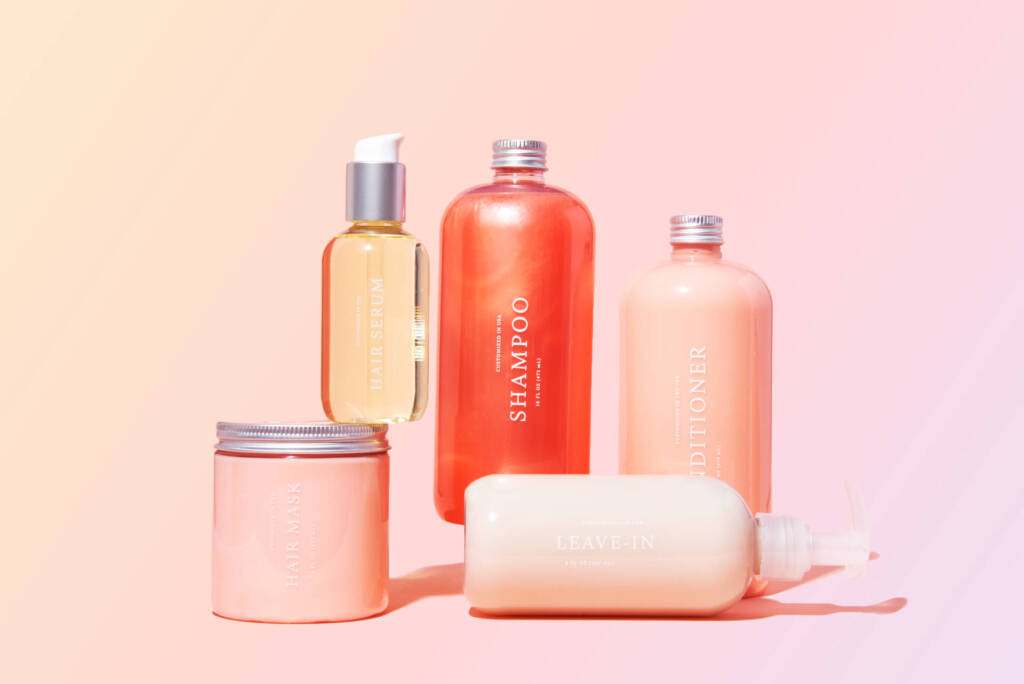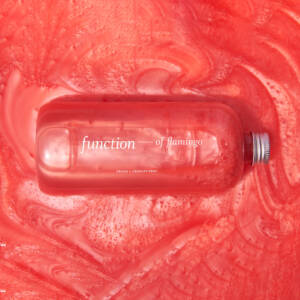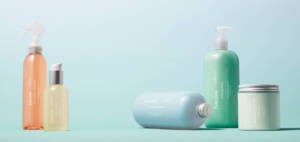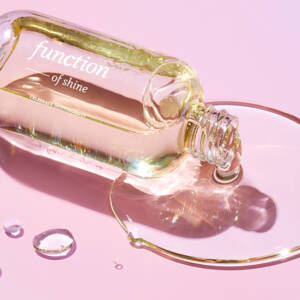In a world where terms like “clean” and “natural” are taking over the hair care aisle, a growing number of ingredients are now being called into question for their potentially questionable effects on our hair. Sulfates, parabens, and phthalates were among some of the first offenders to be thrown onto the clean beauty blacklist, and if you’ve been keeping up with beauty trends as of late, it appears that silicones may be next in line. But are silicones really as bad as they’re made out to be?
In our quest to uncover the truth about silicones, we recently caught up with our lab to get their take on the buzzed-about ingredient: what they are, what they do, and if they’re really as harmful as people make them out to be. Here’s everything we learned, straight from the experts themselves.
What are silicones anyway?
Silicones are a type of polymer (a.k.a large molecule) that behave similarly to plastic in that they are a flexible material that can be molded for different uses. In hair care products specifically, silicones are used to form a protective coating around the hair to help provide added slip and softness, lock in moisture, reduce frizz, and enhance shine. In coarse, curly, or dry/frizzy hair types, silicones can also help to tame unruly strands by enhancing their overall smoothness and manageability, while also helping to drive and lock in moisture. Simply put, silicones protect the hair from the elements, keeping it smooth and shiny by essentially ‘waterproofing’ each strand.
But are they safe?
Yes. Despite their recent bad rap, silicones have been a mainstay within the beauty industry for decades, as they’ve repeatedly proven to be both safe and effective to use in everything from body washes to hair care to facial moisturizers. Unlike some natural oils, silicones are extremely stable, meaning they do not degrade under heat or UV light to become something unknown or unwanted. This is especially important when it comes to hair products as they are often exposed to heat styling tools and direct sunlight on a regular basis.
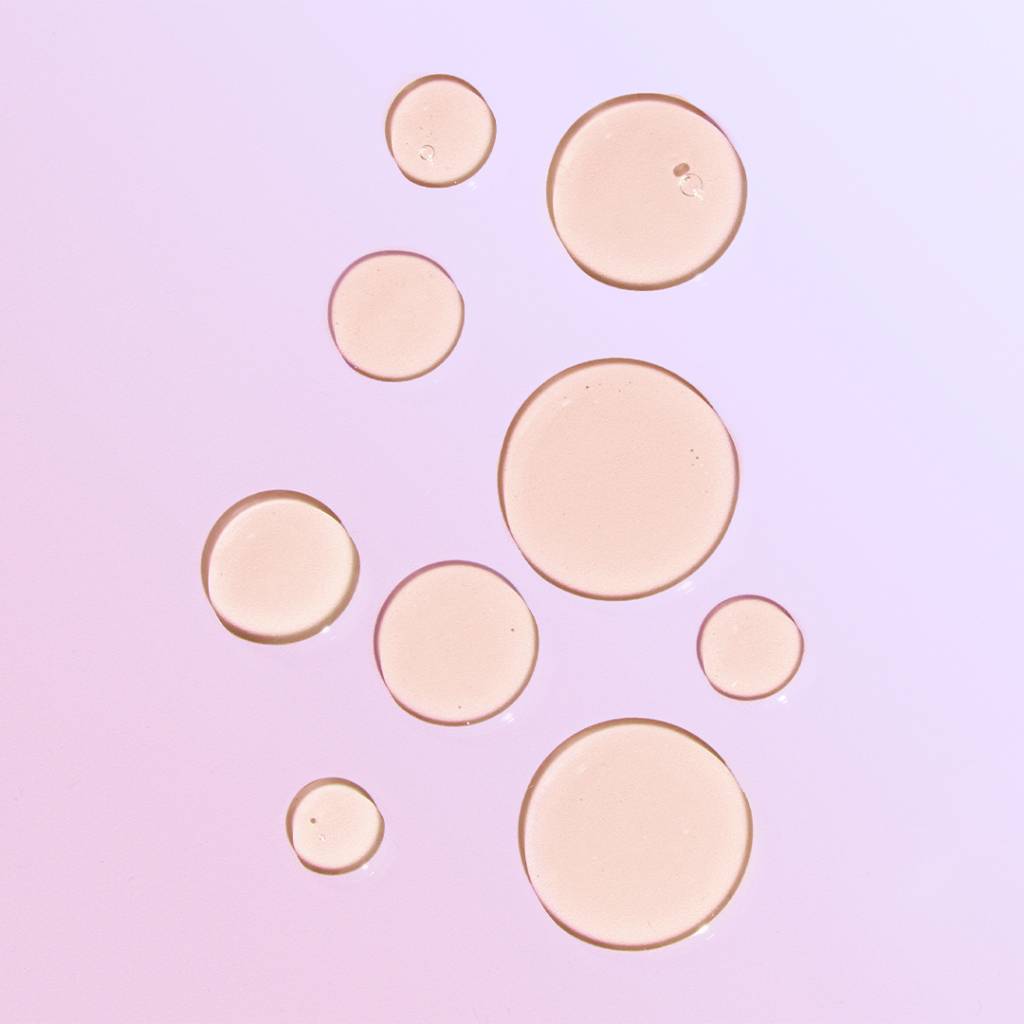
So, what’s the deal with silicones?

How do I know if I want them or not?
At the end of the day, the choice to use products with or without silicones is entirely up to you. That said, if you’re looking for some extra moisture, frizz protection, or serious damage repair, a silicone-free shampoo and conditioner may not necessarily give you the results that you’re looking for. Those with very dry, frizzy, or damaged hair usually benefit more from the added smoothing, softening, and shine-enhancing properties of a silicone-based formula. Just make sure to look for one that is formulated with water-soluble silicones to help prevent the likelihood of buildup.
Alternatively, should you feel that silicones just aren’t right for you, that’s fine too. Those who typically reach for lightweight shampoos and conditioners or prefer a little less softness and slip to their hair may find that a silicone-free formula is a great option for their needs. If you are thinking of opting for a silicone-free hair care routine, however, you should be prepared for a bit of an adjustment period as it may take you some time to get used to the slightly different feel of the products. Unlike traditional silicone-containing products, silicone-free shampoos and conditioners tend to be lighter weight and will leave your hair feeling more clean than slick.
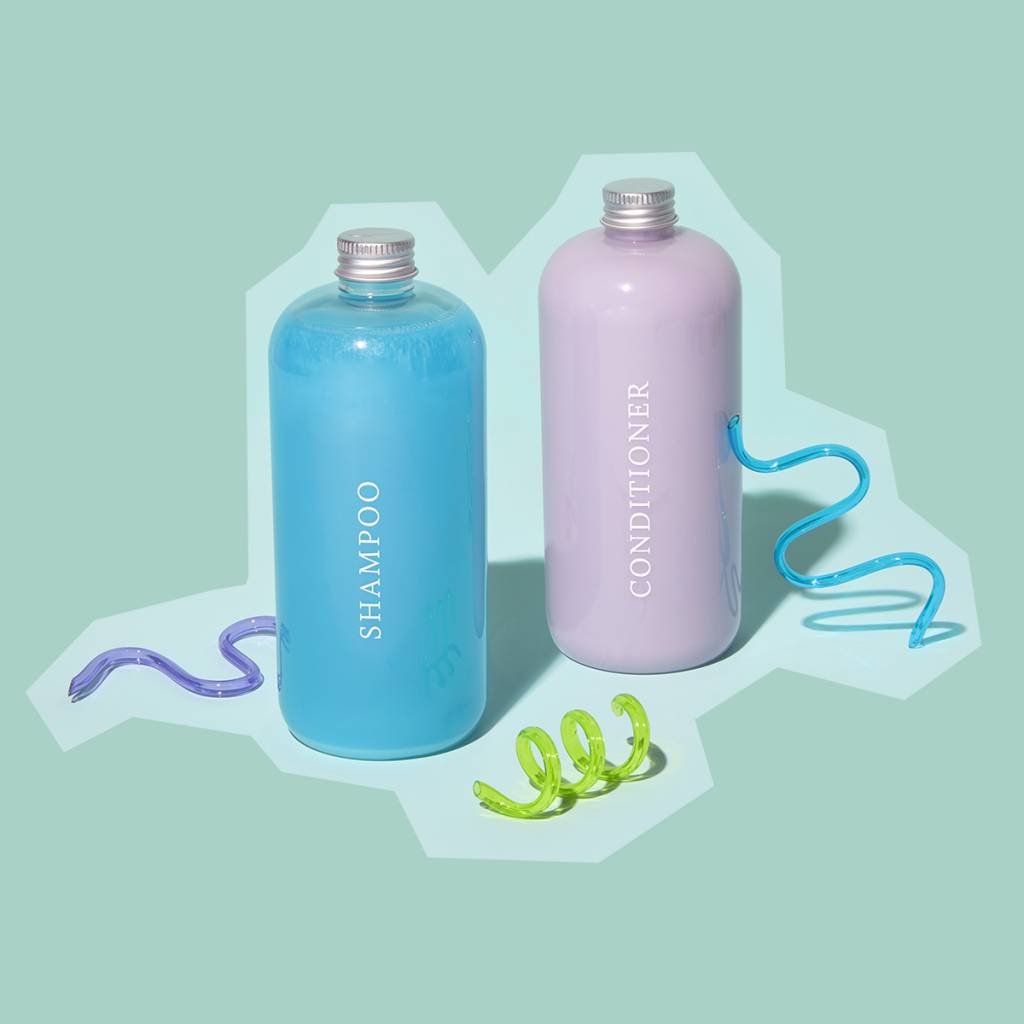
Regardless of the route you choose, we’re excited to say that Function of Beauty now has you covered either way thanks to the launch of our new silicone-free shampoos and conditioners! In addition to our regular cleansing and conditioning formulas, we will now also give customers the option to choose a silicone-free shampoo and conditioner, which, like all of our products, can still be customized according to your hair type, hair goals, and aesthetic preferences—the only difference is whether or not they contain silicones. Not sure whether a silicone-free formula is right for you? Email us at hello@functionofbeauty.com and one of our happy hair specialists will be glad to help you out.
Ready to find your hair’s perfect match? Start by taking the hair quiz here!

